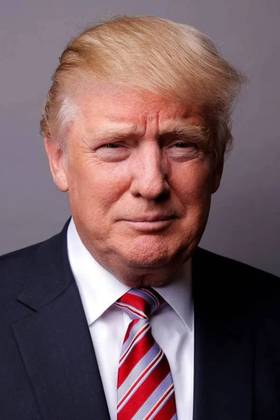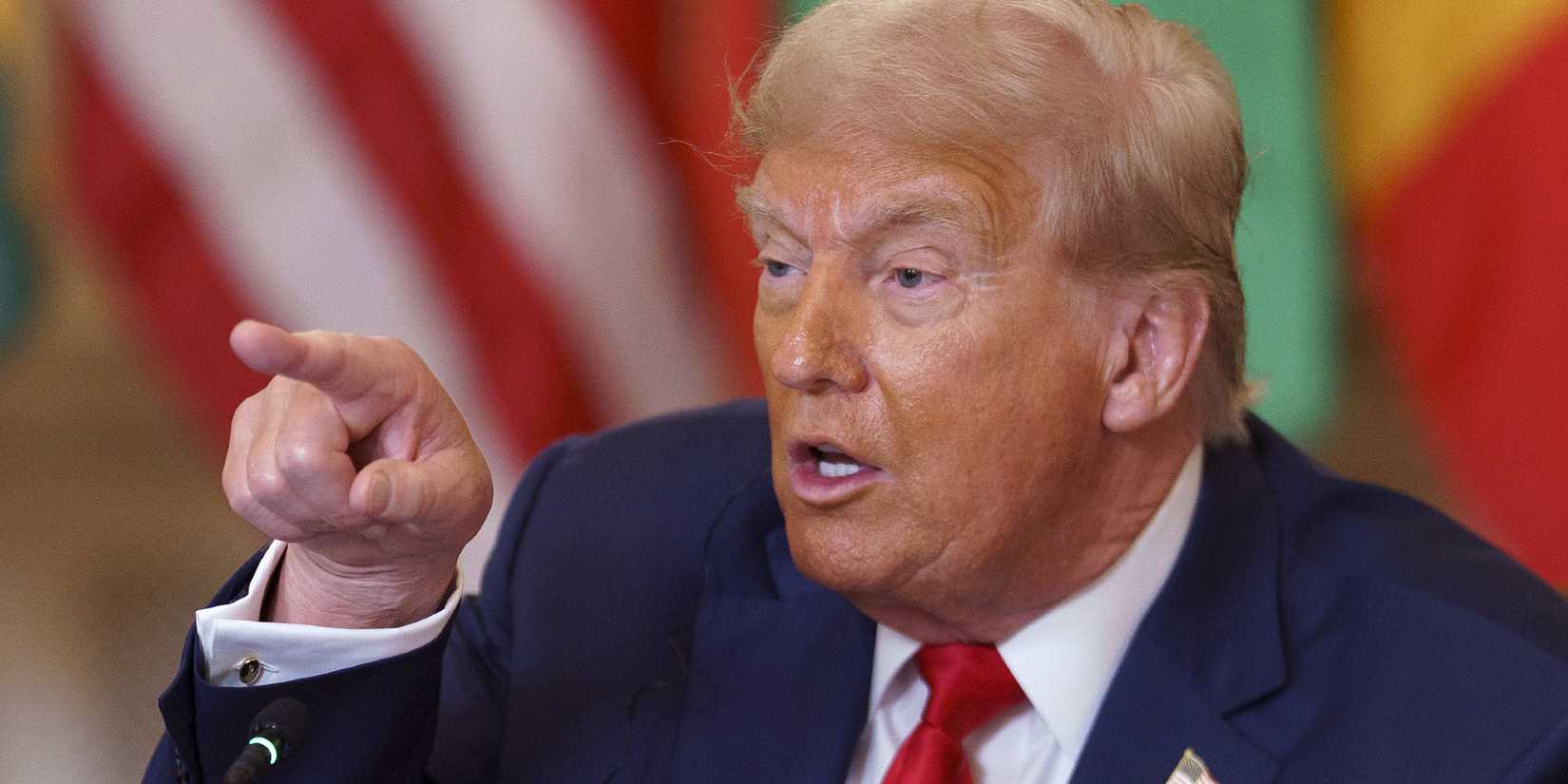As of this morning, President Donald Trump has reiterated his intention to impose a 100% tariff on movies produced outside the United States. Trump previously announced this plan in May of this year, which prompted confusion among the entertainment industry and economists about how a tariff on movies would even work.
In May, Trump claimed that Hollywood was “dying a very fast death,“ and that international films were a “national security threat,” which brought “messaging and propaganda” into the U.S. Now, Trump has said in a statement on his social media platform Truth Social:
Our movie making business has been stolen from the United States of America, by other Countries, just like stealing “candy from a baby.” California, with its weak and incompetent Governor, has been particularly hard hit. Therefore, in order to solve this long time, never ending problem, I will be imposing a 100% Tariff on any and all movies that are made outside of the United States. Thank you for your attention to this matter.
Coverage of this matter several months back questioned whether this meant a movie’s tariff would be 100% of the budget (presumably paid for by the studio) or ticket prices (paid for by moviegoers). Tariffs on traditional physical imports are paid for by the importer at customs, but they are then earned back through higher prices paid by consumers.
Movies, however, are more nebulous, as they are IP loaned out to cinemas and streamers. There is also the matter of movies that are technically American productions being filmed around the world, due to tax incentives that reduce production costs if a movie is filmed in the United Kingdom, Australia, or New Zealand, as well as filmmakers seeking out specific locations for their movie’s desired setting.
What Donald Trump’s Statement Means For Hollywood
While Trump’s new post would suggest that he is actively pursuing this plan, the same issues from before remain. There is doubt about whether Trump has the authority, and no one is sure what the hard rules of this would be when movies as an import are rather abstract, and the entertainment industry is a global network.
Following his initial statement in May, nothing else really happened — the president is bringing it up again now is the biggest development. While Hollywood is grappling with many productions leaving the U.S. to reduce costs, the expenses of the proposed tariff weighed against the price of an L.A. production could cancel each other out.
This is also happening at a time when Trump is in a more contentious place than ever with the entertainment industry, following Jimmy Kimmel Live‘s temporary suspension and hundreds of Hollywood professionals signing an open letter standing with Kimmel. Trump also threatened to sue ABC over Kimmel’s return less than a week ago.
Our Take On Trump’s Proposed Movie Tariff
Trump’s vendetta against international films, whatever the strict definition of that would be, goes far back, the most memorable incident being him mocking Best Picture winner Parasite at a rally in 2020. It aligns with his nationalistic platform to do so, but it doesn’t seem as though a tariff would actually fix any of the real problems Hollywood is facing today.
Beyond the financial concerns, Donald Trump‘s international movie tariff would be contested by the industry because of how it restricts artistic license. Filmmakers go all over the world to create the most impactful stories, and global artistic exchange is vital to deepening our understanding of humanity, and a tariff would not change that at all.

Donald Trump
- Birthdate
-
June 14, 1946
- Birthplace
-
New York City, New York, USA







